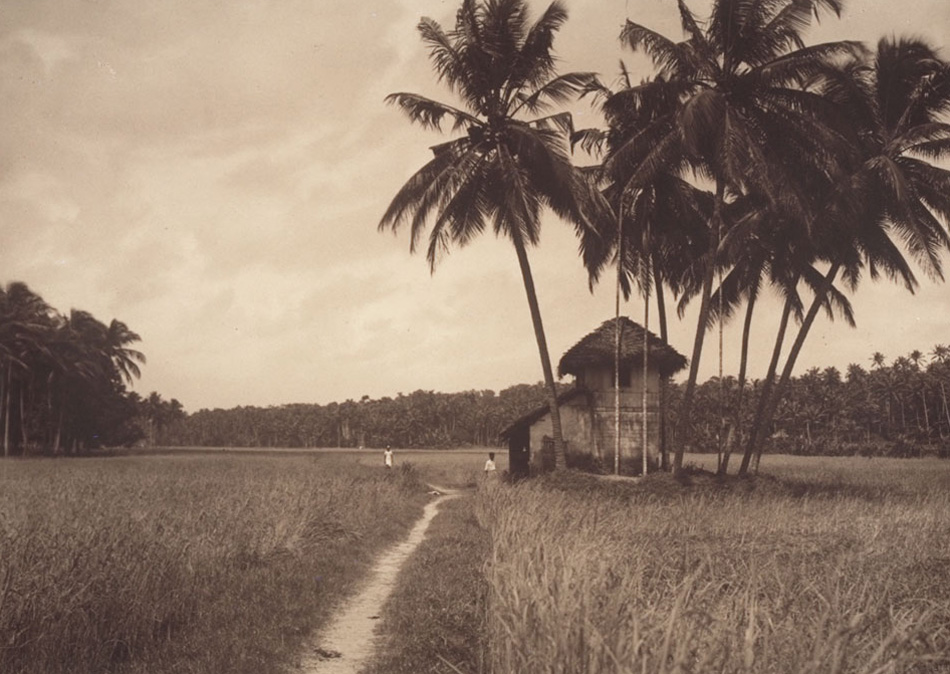Recently I have read the statement of Pastor Bill Hybels, a pastor of one of the largest evangelical churches in the world. In his book ‘Courageous Leadership’ he wrote that “the local church is the hope of the world, and it’s future rests primarily in the hands of its leaders.” Apostle Paul to the church at Ephesus wrote about “equipping of the saints for the work of ministry, for the edifying of the body of Christ” (Ephesians 4:11-13). Paul encouraged the church to train the local leaders “to the unity of the faith and the knowledge of the Son of God, to a perfect man, to the measure of the stature of the fullness of Christ.” Is this a calling of the Word of God to us?
When did the Indian Christian community experience an indigenous system of leadership training? Do you know that a local pastor of the 19th century initiated leadership training for South India’s Christian community?
I want you to learn an episode from the history of Charismatic Christianity in South India, which reveals an individual who pioneered local training for indigenous leaders of the church in the nineteenth century itself.
John Christian Arulappan was a Tamil evangelist who led one of the earliest Pentecostal revivals in South India during 1860-65 and trained local Christians for indigenous churches. Arulappan as a young man from the village of Strivelliputtoor, joined the seminary of the Church Missionary Society in Tirunelveli in 1825 and studied under the German missionary C.T.E. Rhenius. He later worked with Anthony Groves, a British missionary, as a translator and an evangelist. During this time, he received criticism from the local people that “he was hired for preaching.” However, Arulappan refused to receive any form of remuneration from Groves, and he lived “by faith.”
Arulappan’s Spirit-led vision empowered the local Christians regarding sharing ministerial responsibilities, the apostolic pattern of leadership, faith missions, and a communitarian lifestyle. He established a Christian settlement near his native place and transformed it into a self-supporting agricultural village that included a printing press, a boarding school, a church, and a centre for Bible training. Arulappan established churches in the surrounding areas, and those congregations were independent, self-supportive, and locally managed. He was an itinerant trainer, and he passionately taught about the suffering, death, resurrection, and the return of Lord Jesus Christ. Amid people’s suffering due to famine, he exhorted them “to seek first the kingdom of God,” and God miraculously supplied their needs.
The Missionary Reporter of 1860 reported the revivals in Britain and America in the past years, and Arulappan had been reading of these revivals. He enthusiastically trained local leaders of his churches to earnestly pray and work for a similar revival in South India. He told them, “look for the Holy Spirit, let us pray for the Holy Spirit; let every one of us do the same.” Between May to August 1860, a revival with “Pentecostal” characteristics occurred in Tirunelveli. Arulappan described the events as “the Holy Ghost poured out openly and wonderfully…some prophesied, and some spoke in unknown tongues with their interpretations.” Many people were baptised after they received the Holy Spirit, and he continued to teach from the beginning chapters of the book of Acts to extend the outpouring of the Holy Spirit among the locals.
Arulappan was a true pioneer and a visionary who believed in local training of Christian leaders for the future. He was a local pastor and Christian leader who had the vision to train and produce Christian leaders for the future church in India. The impact of his training and the Tirunelveli revival continued till today, as we have many Pentecostal-Charismatic Christian leaders and churches in South India.

